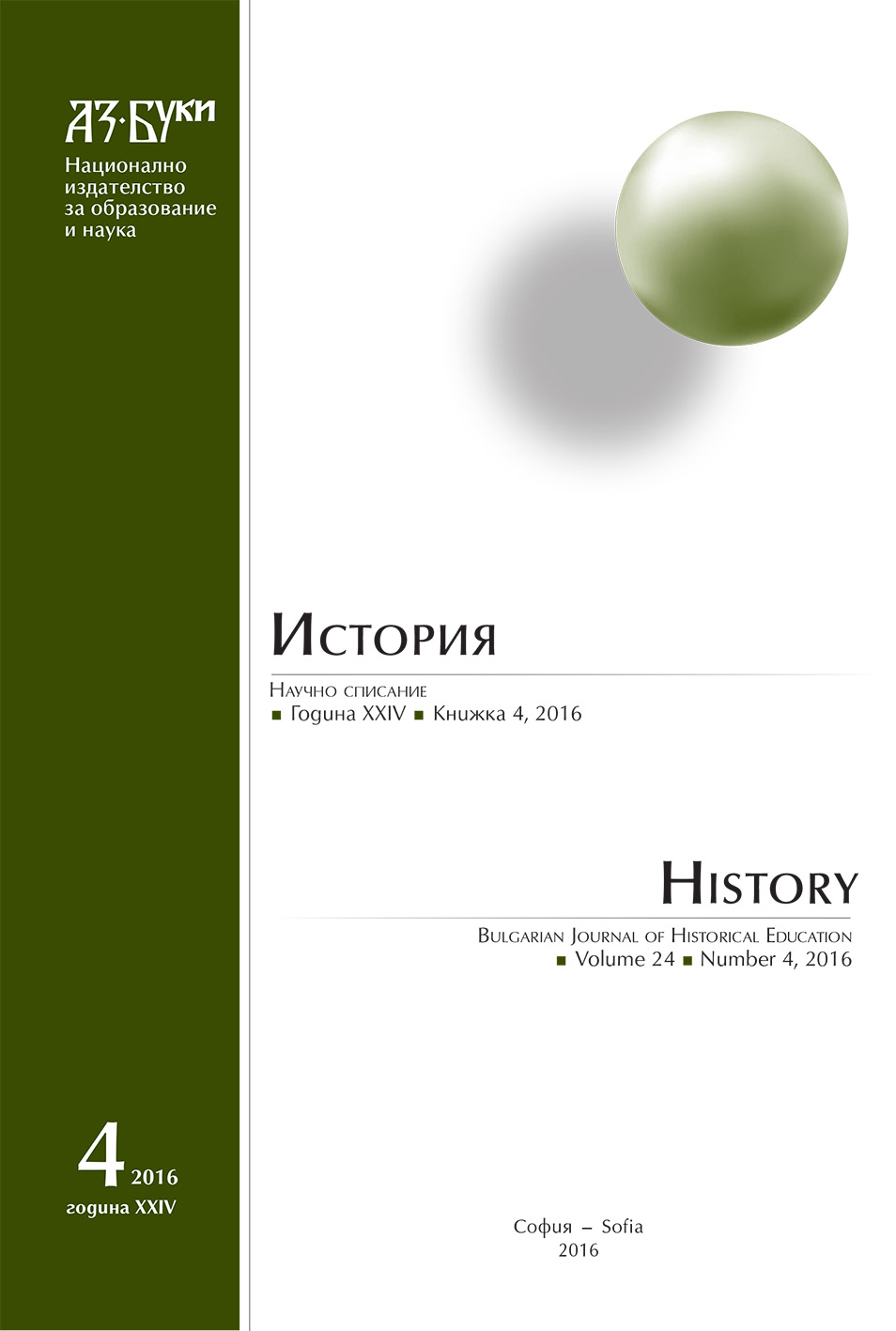An Investigation of Official Corruption in Ottoman Egypt: Processes and Documents of Ottoman Administration
An Investigation of Official Corruption in Ottoman Egypt: Processes and Documents of Ottoman Administration
Author(s): Linda DarlingSubject(s): History, Social Sciences, Education, Cultural history, Comparative history, Social history, Modern Age, Special Historiographies:, School education, Vocational Education, Adult Education, Educational Psychology, 18th Century, 19th Century, The Ottoman Empire, Inclusive Education / Inclusion
Published by: Национално издателство за образование и наука „Аз-буки“
Keywords: Ottoman Empire; provincial governance; Ottoman documents; provincial officials; corruption; criminal investigation
Summary/Abstract: The investigation in question is recorded in a series of thirty-eight register entries on a case of financial malfeasance in recently-conquered Ottoman Egypt that was investigated by officials from Ottoman Syria. This case appears in the oldest existing mühimme defteri, a register of important affairs of the Ottoman Empire, and provides detailed information about how the Ottomans governed their provinces. It lists many of the taxes and revenues collected by the Ottomans and discusses the most important treasury personnel in the province and the documents they created. It also describes how the Ottoman state worked to control those personnel even at a distance and to induce these officials to adhere to concepts of just imperial rule. The article describes the issues in the case and identifies the provincial officials involved in the investigation, the documents they were supposed to collect or create, and the procedures they were commanded to follow. The conclusion examines the implications of the case for our understanding of the place of Syria and Egypt within the wider Ottoman Empire in the sixteenth century. This episode presents an instance of the Ottoman integration of newly conquered lands in a period when records are fairly plentiful (in contrast to the conquest of Rumeli, where most of our evidence comes from chronicles written at a later date). Beyond that, this case illuminates the whole issue of how an empire operates and challenges the stereotype of general Ottoman oppression of the conquered territories.
Journal: История
- Issue Year: 24/2016
- Issue No: 4
- Page Range: 343-353
- Page Count: 11
- Language: English
- Content File-PDF

